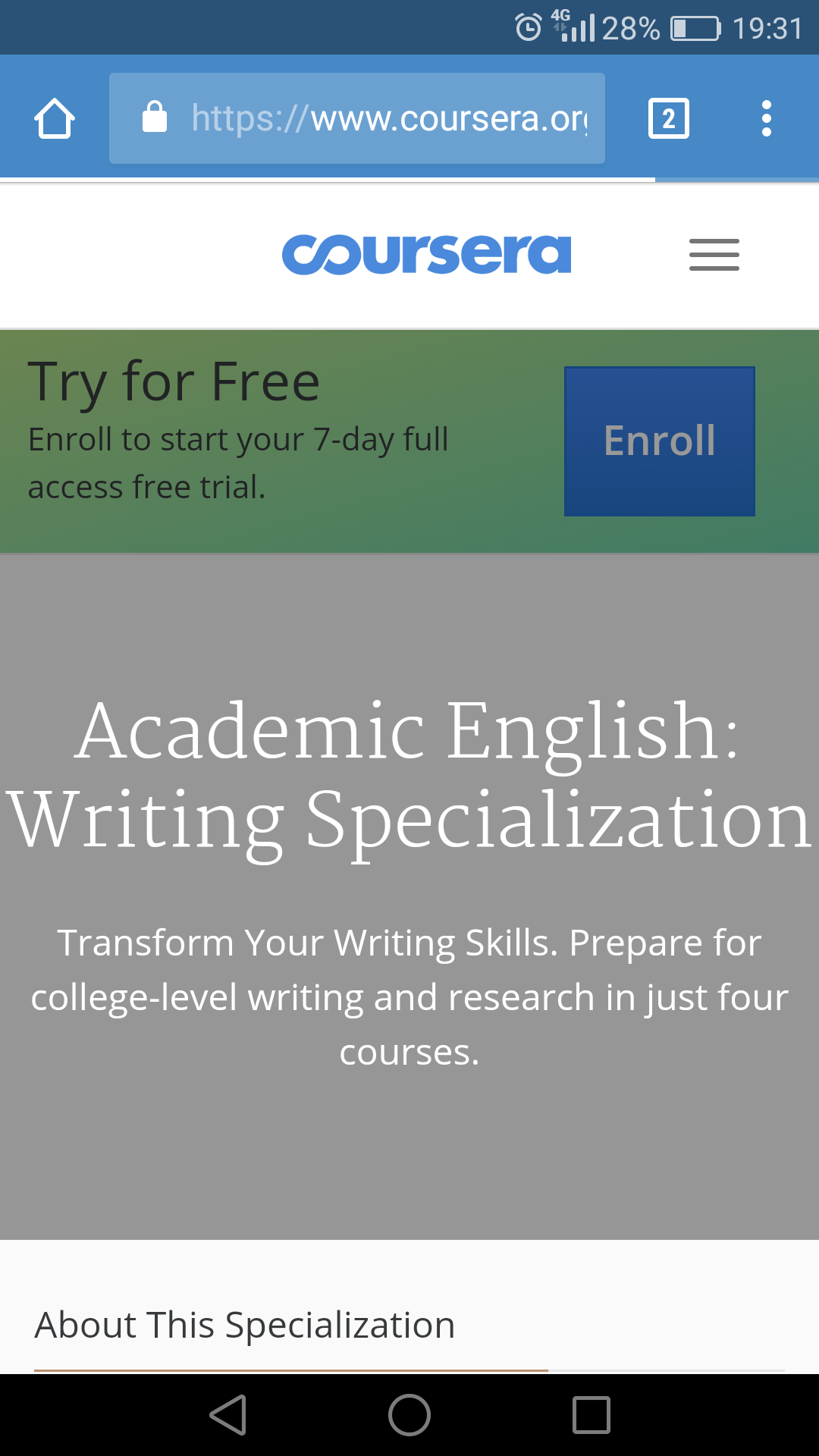So quanto tutti voi apettiate con ansia e trepidazione il resoconto relativo al terzo modulo...
...quindi eccolo qua:
WEEK 3
Il terzo modulo del MOOC Learning How to Learn è focalizzato su 2 aspetti centrali per l'apprendimento: la memoria e la procrastinazione.
Dal momento che faccio fatica a tradurre in italiano ciò che ho studiato in un'altra lingua, scriverò direttamente in inglese; I hope you enjoy reading!
Learning well often involves bit by bit, day by day building of solid neural
scaffolds; this is why tackling procrastination is so incredibly important.
You have to keep up with your learning and avoid last minute cramming.
Overview of the key practical aspects of handling procrastination:
- Keep a planner journal so you can easily track when you reach your goals and observe what does/doesn't work.
- Commit yourself to certain routines and tasks each day.
- Write your planned tasks out the night before so your brain has time to dwell on your goals and help ensure success.
- Arrange your work into a series of small challenges.
- Always make sure you get lots of rewards.
- Take
a few minutes to savor the feelings of happiness and triumph, which
also gives your brain a chance to temporarily change modes
(Diffuse-Focused).
- Deliberately delay rewards until you've finished a task.
- Watch
for procrastination cues. Try putting yourself in new surroundingswith
few distractions, such as the quiet section of a library.
- Gain trust in your new system. You have to work hard during times of focused concentration
and also to trust your system enough so that when it comes time to
relax, you actually relax without feelings of guilt or worry.
- Have back up plans for when you still procrastinate. No one's perfect after all.
- Eat your frogs first every day.
Learning to use your memory in a more disciplined but creative manner helps
you learn to focus your attention, even as you create wild connections that build stronger memories.
There are two main memory systems involved in our ability to chunk concepts:
1. Long Term Memory: it is like a storage warehouse, you need to practice and repeat in order to help store items so you can retrieve them more easily. Practicing and repeating, all in one day, is a bad idea; you should extend them both to several days, how the spaced-repetition technique suggests.
2. Working Memory: it is like a poor blackboard that quickly fades and you can only hold about four items in it. When you master a technique or concept in some sense, it compacts the ideas so they can occupy less space in your WM when you try to bring them to mind. This frees your mental thinking space so that it can more easily grapple with other ideas or problems.
Furthermore we have outstanding visual and spatial memory systems. If you tap into those systems, it will help improve your memory. To begin tapping into this system, try making a very memorable visual image representing one key item you want to remember (the funnier and more evocative the image is, the better).
The memory palace technique, placing memorable images in a scene that's familiar to you, allows you to dip into the strength of your visual memory system, providing a particularly powerful way to remember things.
Another key to memorization is to create meaningful groups that make easier the material. For instance, try associating numbers with years or with systems you're familiar with.
By making those groups and abbreviations, you can simplify and chunk what you're trying to learn so you can more easily store it in memory. And by memorizing material you understand, you can internalize it in a profound way and so reinforce your mental library.
Think of anything, or if you have any questions, please write me back!!!
Beatrice
